AMD Ryzen 9 5980HS Cezanne Review: Ryzen 5000 Mobile Tested
by Dr. Ian Cutress on January 26, 2021 9:00 AM EST- Posted in
- CPUs
- AMD
- Vega
- Ryzen
- Zen 3
- Renoir
- Notebook
- Ryzen 9 5980HS
- Ryzen 5000 Mobile
- Cezanne
CPU Tests: Legacy and Web
In order to gather data to compare with older benchmarks, we are still keeping a number of tests under our ‘legacy’ section. This includes all the former major versions of CineBench (R15, R11.5, R10) as well as x264 HD 3.0 and the first very naïve version of 3DPM v2.1. We won’t be transferring the data over from the old testing into Bench, otherwise it would be populated with 200 CPUs with only one data point, so it will fill up as we test more CPUs like the others.
The other section here is our web tests.
Web Tests: Kraken, Octane, and Speedometer
Benchmarking using web tools is always a bit difficult. Browsers change almost daily, and the way the web is used changes even quicker. While there is some scope for advanced computational based benchmarks, most users care about responsiveness, which requires a strong back-end to work quickly to provide on the front-end. The benchmarks we chose for our web tests are essentially industry standards – at least once upon a time.
It should be noted that for each test, the browser is closed and re-opened a new with a fresh cache. We use a fixed Chromium version for our tests with the update capabilities removed to ensure consistency.
Mozilla Kraken 1.1
Kraken is a 2010 benchmark from Mozilla and does a series of JavaScript tests. These tests are a little more involved than previous tests, looking at artificial intelligence, audio manipulation, image manipulation, json parsing, and cryptographic functions. The benchmark starts with an initial download of data for the audio and imaging, and then runs through 10 times giving a timed result.
We loop through the 10-run test four times (so that’s a total of 40 runs), and average the four end-results. The result is given as time to complete the test, and we’re reaching a slow asymptotic limit with regards the highest IPC processors.
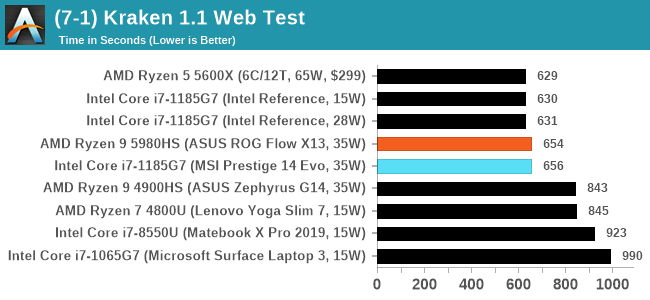
Google Octane 2.0
Our second test is also JavaScript based, but uses a lot more variation of newer JS techniques, such as object-oriented programming, kernel simulation, object creation/destruction, garbage collection, array manipulations, compiler latency and code execution.
Octane was developed after the discontinuation of other tests, with the goal of being more web-like than previous tests. It has been a popular benchmark, making it an obvious target for optimizations in the JavaScript engines. Ultimately it was retired in early 2017 due to this, although it is still widely used as a tool to determine general CPU performance in a number of web tasks.
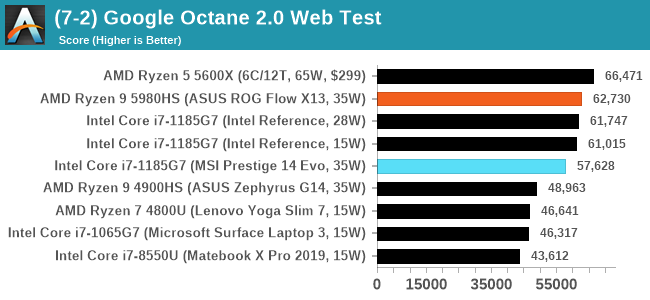
Speedometer 2: JavaScript Frameworks
Our newest web test is Speedometer 2, which is a test over a series of JavaScript frameworks to do three simple things: built a list, enable each item in the list, and remove the list. All the frameworks implement the same visual cues, but obviously apply them from different coding angles.
Our test goes through the list of frameworks, and produces a final score indicative of ‘rpm’, one of the benchmarks internal metrics.
We repeat over the benchmark for a dozen loops, taking the average of the last five.
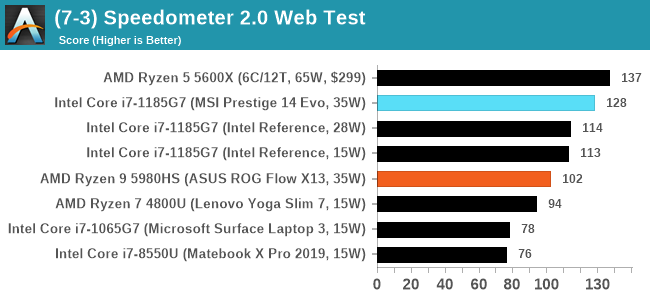
Legacy Tests
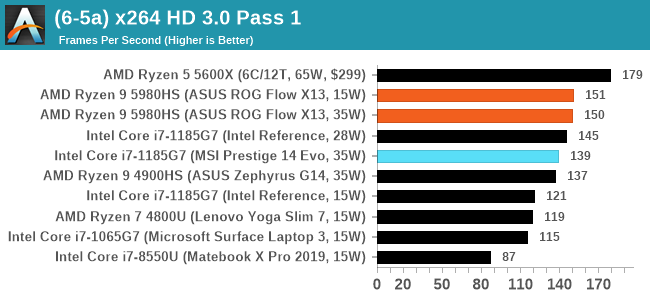
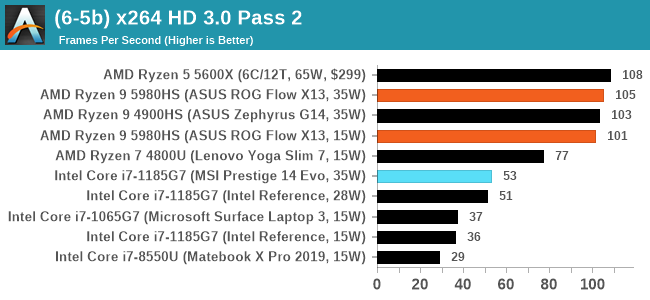
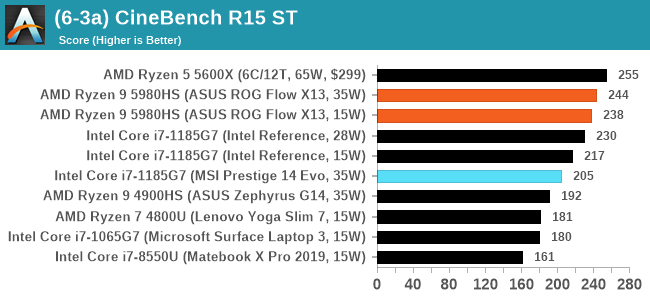
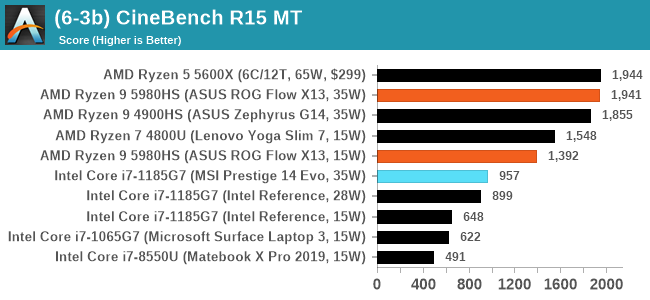


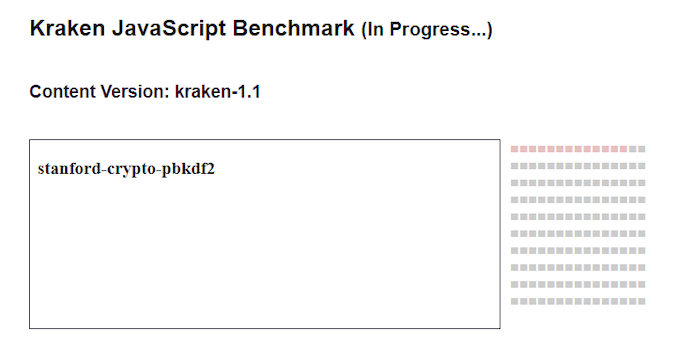
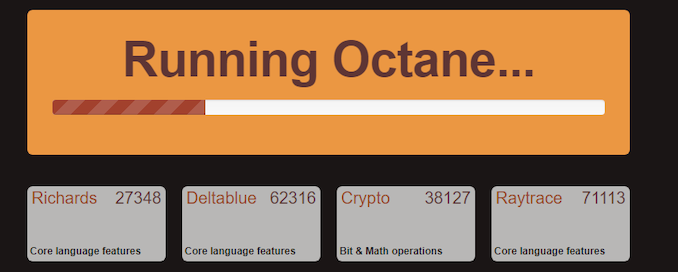
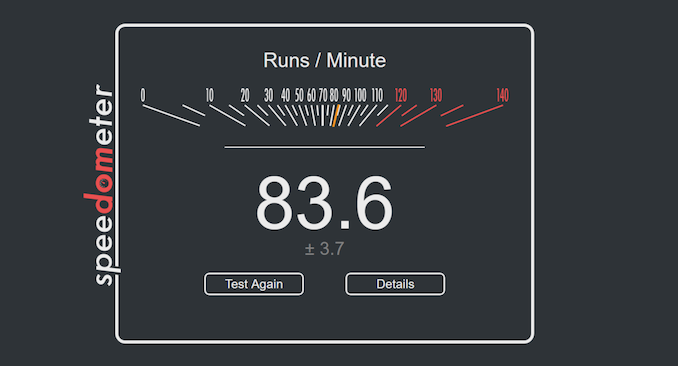








218 Comments
View All Comments
Deicidium369 - Wednesday, January 27, 2021 - link
Would bet that fourth world country has flush toilets...GeoffreyA - Thursday, January 28, 2021 - link
Deicidium, none of us is better than the next person.Spunjji - Thursday, January 28, 2021 - link
Nice racism there, shitlord.GreenReaper - Saturday, January 30, 2021 - link
Just wait until you hear what the Japanese think about everyone else's toilets. ಠ_ಠSpunjji - Monday, February 1, 2021 - link
🤣bji - Wednesday, January 27, 2021 - link
That price is significantly above US MSRP.It is significantly above the price listed by Anandtech whenever they do chip comparisons.
Spunjji - Thursday, January 28, 2021 - link
Why would chips in India be selling at US MSRP? It's about the same as the UK / EU price.bji - Thursday, January 28, 2021 - link
As you can see everyone and their brother just writes in a tangent to the actual issue. Bring up supply issues in the USA, people start posting about buying the chip in India or Europe. Bring up price markups in USA, people start mentioning prices in other countries whose price is only vaguely related to USA prices. Bring up the fact that Ananadtech is supplying misleading information when it puts prices in its articles, people ask about chips in India vs US MSRP and UK/EU price. The actual issues are constantly ignored by everyone wanting to post some tangentially related information local to them. Whatever.Spunjji - Thursday, January 28, 2021 - link
@bji - The end of your original post:"The simple fact is that no Ryzen 3(sic) processors have had general availability at anywhere near MSRP for months."
So yeah, it's pretty relevant for people who don't live in the USA to respond by pointing out that there is availability at or around MSRP where they live. It's equally relevant to point out you're wrong when you respond by saying "that's not MSRP" as if everyone pays the same equivalent dollar price at retail as you do in the USA.
"The actual issues are constantly ignored..."
This is a neat way of saying "let me complain regardless of the facts outside of the USA". These responses aren't "tangential" for the people posting them. If you want to only talk about the USA, make that clear from the start.
Nottheface - Saturday, January 30, 2021 - link
Move obviously.